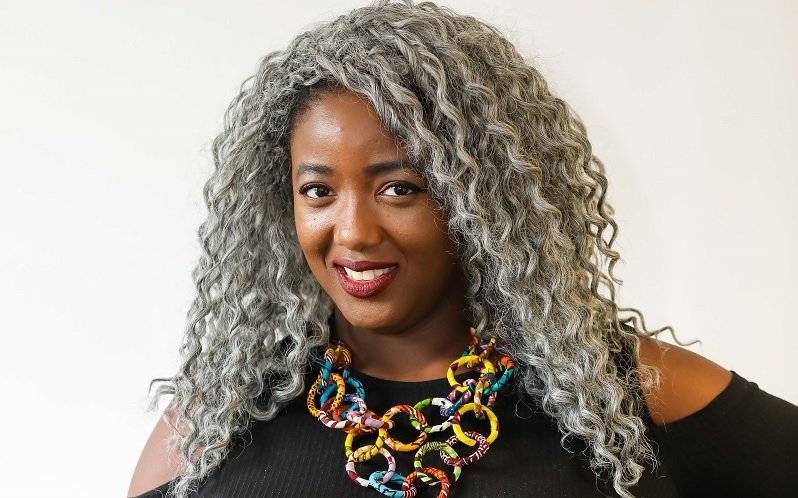Anne-Marie Imafidon passed two GCSEs at primary school.
Aged 11, she became the youngest girl ever to pass A-level Computing.
In 2013 she founded and became CEO of Stemettes a social enterprise promoting women in science, technology, engineering, and mathematics (STEM) careers.
Now, Anne-Marie has become a Visiting Professor at the University of Sunderland where she aims to contribute her unique skills to research projects and teaching programmes.
She said: “I’m so excited to be working with a University, and a Technology faculty, that is already doing so much in the area of STEM.
“There’s limitless opportunity for us to work together – to be better, to do better, and to make a real difference to people’s lives.”
Stemettes have a clear agenda: that all girls will be able to make informed decisions about careers in Science, Technology, Engineering and Maths (STEM), so that eventually women can be proportionally represented in the field.
The organisation want to see 30%+ of the UK’s STEM workforce being female, as opposed to just 21%.
It might seem like a big ask but Anne-Marie insists it’s far from an impossible goal.
“This is about changing hearts and minds,” she says. “It’s not just about changing policy, but we do require investment.”
It’s a myth to suggest boys perform better in STEM than girls, and Anne-Marie is quick to point out how, as a society, we have almost “erased” some of the most pivotal female innovators of our lifetime.
“Look at women like Gladys West – the force behind the science of something most of us use every day, the Global Positioning System,” adds Anne-Marie. “There has been mass erasure of figures like her.”
West is a mathematician known for her contributions to the mathematical modelling of the shape of the Earth, and her work on the development of the satellite geodesy models that were eventually incorporated into the GPS system.
Anne-Marie added: “The key is through education, not just educating girls so they know STEM is accessible to them, but educating the teachers, the parents and even the boys; making it clear that we should not just revert to lazy stereotypes of what is and what isn’t acceptable.”
Since its inception six years ago, Stemettes has exposed more than 40,000 young people across Europe to Anne-Marie’s vision for a more diverse and balanced science and tech community.
The University’s new visiting professor comes armed with an envious CV including positions at Goldman Sachs, Hewlett-Packard and Deutsche Bank.
Then there are the Honorary Doctorates from Open University, Glasgow Caledonian University, Kent University & Bristol University and an Honorary Fellowship at Keble College, Oxford.
Speaking about her three year tenure as a visiting professor at Sunderland, she said: “This is a real honour, my fist ever visiting professor title.
“It’s exciting to be involved with a university that is doing such intentional work in the tech space.”
Professor Alastair Irons, Academic Dean for Faculty of Technology at the University of Sunderland, said: “I’m delighted that Anne-Marie has joined us as a visiting professor.
“Her experience and background from Stemettes will be a wonderful addition to helping the faculty tackle the gender imbalance in recruitment, our Athena Swan agenda and our commitment to the Tech Talent Charter.”
